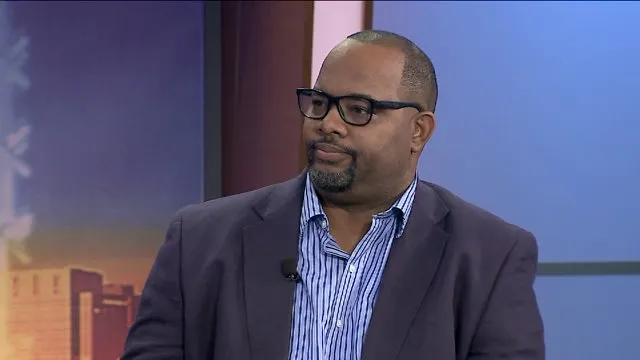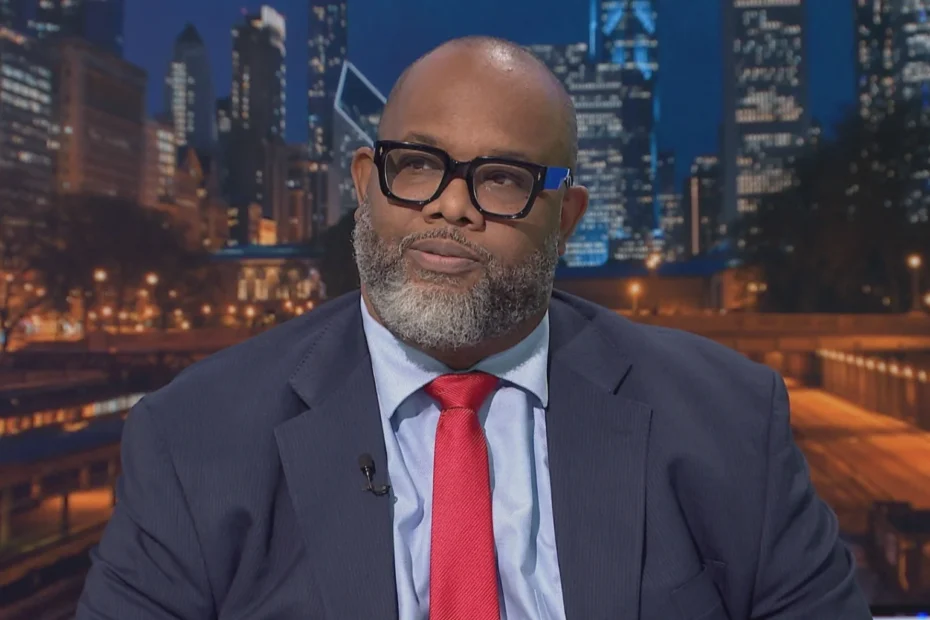a candid interview with Pastor Cory Brooks, CEO of Project Hood, Fox News delves into the growing concerns surrounding immigration in Chicago and the potential political ramifications of these issues. As voices rise against the impact of illegal immigration on the city’s resources and security, Pastor Brooks sheds light on the sentiments within the community and the possibility of a shift in political allegiances.
The Human Toll: Residents Express Frustration
Chicago, like many cities across the United States, grapples with the complexities of immigration policies and their impact on local communities. Fox News highlights the heartfelt testimony of a Chicago woman at a city council meeting, expressing her concerns about the consequences of illegal immigration. The woman emphasizes the challenges faced by those who have waited years to enter the country legally, contrasting it with the influx of individuals arriving on buses and potentially posing security risks.
Pastor Cory Brooks echoes these sentiments, emphasizing that Chicago serves as a microcosm of broader issues faced by cities nationwide. He points to the designation of Chicago as a sanctuary city, a move that has stirred controversy and led to the allocation of funds to non-citizens, raising concerns among the city’s residents.

A Sanctuary City Struggle: Impact on Democracy
One key aspect of the discussion centers on Chicago being designated as a sanctuary city, a decision that Pastor Brooks believes compromises the democratic process. He highlights the citizens’ inability to voice their opinions on such a significant policy shift, emphasizing the need for a true democracy where the community can decide whether they want to be a sanctuary city or not.
As funds are diverted toward individuals who are not American citizens, concerns about the allocation of resources arise. Pastor Brooks emphasizes the need for a balance that addresses the challenges faced by American citizens, such as improving schools and addressing crime, without neglecting the needs of legal immigrants.
The Public Outcry: Chicago Residents Demand Change
The voices captured in the city council meeting resonate with a broader sentiment within Chicago’s African-American community. Pastor Brooks notes that while most black individuals are welcoming to legal immigration, the primary issue lies with illegal immigration. The concerns voiced by residents reflect a frustration with the allocation of funds that could otherwise address pressing issues within the community.
In the face of these challenges, residents are increasingly attributing blame to the Biden administration. The sentiment on the ground suggests a shift in political allegiance, with many individuals, particularly young black males, considering a move away from the Democratic party.
Political Shift: Considering Trump’s Influence
Pastor Cory Brooks addresses the political dynamics at play, acknowledging a growing inclination among black males to reconsider their political affiliations. He notes that loyalty to the Democratic party, which has been longstanding within the African-American community, is waning due to perceived unfulfilled promises and a lack of tangible benefits.
The pastor suggests that the upcoming elections may witness a significant uptick in support for former President Donald Trump, especially among young black males. The dissatisfaction with the current state of affairs and the belief that a shift in political allegiance may yield better results contribute to this potential change.
Trump’s Potential Role: A Call for Change
The interview concludes with a poignant statement from a Chicago resident, urging Trump to “come here and clean it up.” This sentiment reflects a growing desire for change and a belief that a different political approach may address the pressing issues faced by the community.
As Chicago grapples with immigration challenges, Pastor Cory Brooks emerges as a vocal advocate for change. The interview provides a glimpse into the frustrations and concerns of Chicago residents, setting the stage for potential shifts in political dynamics as the nation navigates the complex landscape of immigration policies and their impact on local communities.
